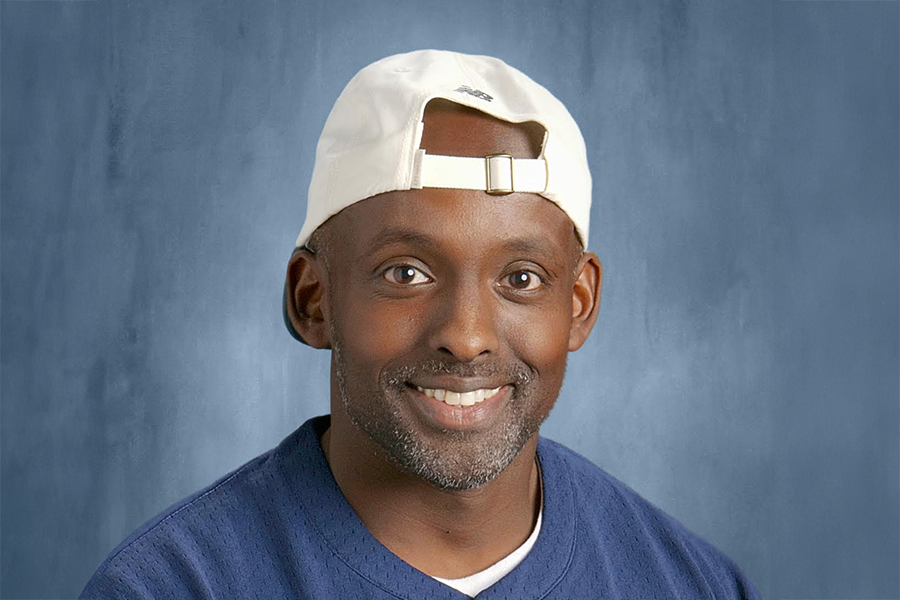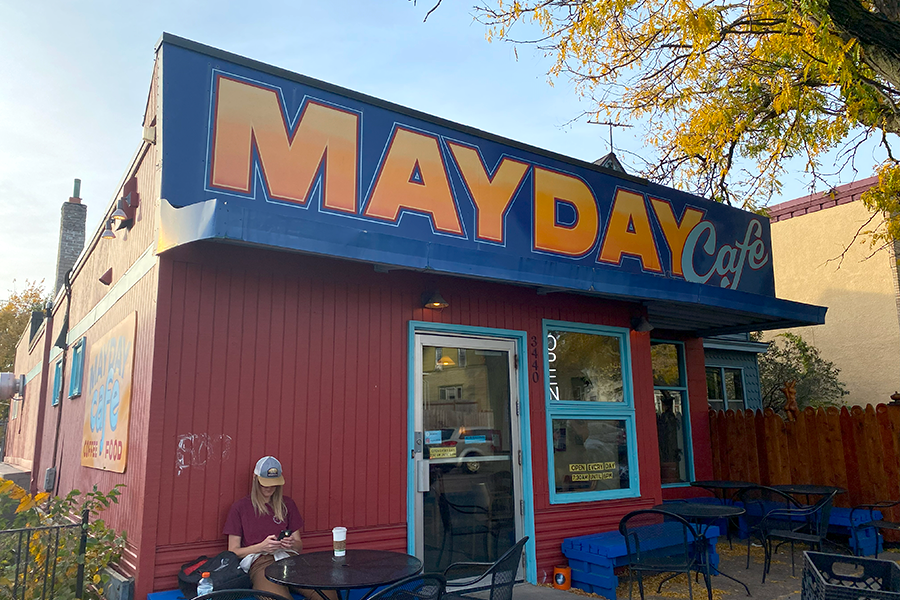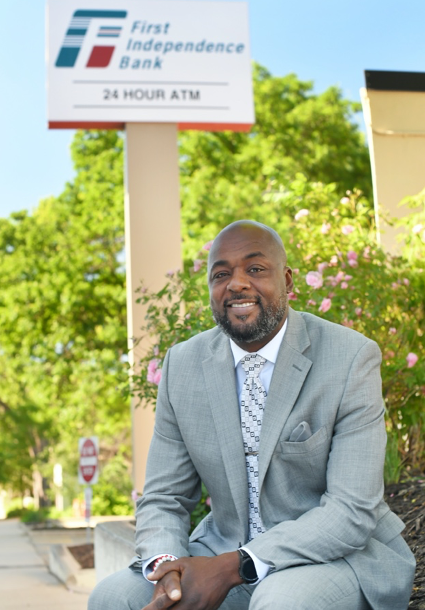According to Gallup polls conducted last year, 40% of Americans identify themselves as independent of the two major parties, as compared to 31% identifying as Democrats and 28% as Republicans. These numbers seem like a harsh disconnect from South High School, where it’s nigh impossible to go a day without seeing a “Vote No” t-shirt or a bag sporting left-leaning buttons. The student body seems to have chosen their side, but there are discordant voices. Not all of them are loyal Republicans, as one might expect, but people who have looked for answers outside of the candidates presented by the two major parties.
While most independents are considered swing voters, people who will ultimately vote either Democratic or Republican, some will be voting for a third-party candidate. With all of the airtime taken up by Barack Obama and Mitt Romney, it’s often easy to forget that there are other options when November 6th arrives.
One undecided junior is Joseph Thell. Thell said that he feels, “there’s not enough variety” between the two major candidates, that “you have to choose between this or that.”
On one hand, Thell supports the Affordable Care Act, more commonly known as Obamacare or the federal health care act, but he also would like to see taxes cut, especially on businesses.
“The money has to come from somewhere. It doesn’t just fall from the sky,” Thell acknowledged. Thell’s ultimate decision is that because he cannot vote, it is not too important to see who he identifies with. If he was voting this election, he would “need to do more research.”
Joe Gantenbein, a senior who has done a lot of research, supports Gary Johnson, the Libertarian Party’s candidate for president. Gantenbein supports Gary Johnson, “for a variety of reasons.”
According to Gantenbein, the two major party’s candidates “agree on a lot of issues that I disagree with both of them on, such as the war on drugs or the war on Iraq or even simply how to handle the deficit. I think that there’s nobody besides people like Gary Johnson who are talking about dealing with those issues in a different way.”
Gantenbein’s primary focus in his decision is based on economic issues. “I think social issues get in the way of economic discussion. If you look at Mitt Romney and Barack Obama, a lot of people can’t even justify listening to a Republican economic viewpoint because of social issues. It stalls conversation. You have to have someone with more options who will allow those discussions to be heard.”
“[I] first started to identify with these views probably about a year ago when the Republican primary process was starting up and I started listening to Ron Paul,” said Gantenbein. “he got me realizing that there are people who are discussing the opposite sides to these issues and are presenting legitimate reasons to vote a different way and an option to vote for someone else besides the mainline Democrat and Republican views.”
As a result, Gantenbein looked elsewhere, and found Gary Johnson. Although Johnson doesn’t have a seat in Minnesota, Gantenbein has been a part of events to help Ron Paul seek nomination of the Republican Party. Unofficially, Gantenbein also stays, “in touch with other like-minded individuals as myself through social media websites such as Facebook and Reddit.”
On the other side of the political spectrum is Henry Newhouse, also a senior, who supports the Socialist Party USA’s candidate for president, Stewart Alexander. His breakaway from his Democratic parents came during the eighth grade, when he began to base his decisions on what he read and thought. Newhouse believes that the two major parties are moving towards the right especially towards a “more controlled market economy.”
On many social issues he agrees with Obama, but dislikes the National Defense Authorization Act and “Obamacare.” In Newhouse’s eyes, “you can’t tie monetary policy to someone’s life.” As for Mitt Romney, Newhouse laughed and described him as “essentially Barack Obama without the social issues I like.”
At South, the reaction of their peers to Newhouse’s and Gantenbein’s political views have been mixed. Being outside of the political mainstream hasn’t affected Newhouse much at South because “the views I hold are the exact same or pretty close to what ‘liberals’ at the school think.”
As for being a Progressive Libertarian at left-leaning South, Gantenbein says, “I kind of like it.”
One thing that all three of these young men have in common is their disappointment with the current two-party system. Gantenbein says, “While I support third party candidates, I want third party candidates to win because they promote more thoughtful discussion. Realistically that change isn’t going to happen this election, or next election or the election after.” His preference would be to “have more of a European-style democracy where it’s proportional representation in government,” instead of the current system, that has resulted in just two independents in the U.S. Senate and zero U.S. Representatives outside of the major parties. Newhouse thinks that third-party candidates would not only have “a better chance with a larger voter base,” but also would be helped by run-off elections.
Whether Socialist, Progressive Libertarian, or undecided, not one of these students believes that a vote for a third-party candidate has to be a wasted vote. A vote is not wasted, according to Thell, “if the candidate is actually trying to change things.” Newhouse offered another line of reasoning, “Just because they’re not going to win doesn’t mean that your opinion doesn’t matter.”
Joe Gantenbein echoed this sentiment, stating, “That’s exactly what the two major parties, the establishment, wants you to believe. They want you to believe that if you don’t vote for one of them, you’re not being heard, where in reality, you’re not being heard if you do vote for one of them.”
Ultimately, Gantenbein believes it comes down to this, “You need to vote for your heart, not for who you think is going to win. We’re not trying to predict the winner of the election, we’re trying to choose who’s going to represent our beliefs.”






